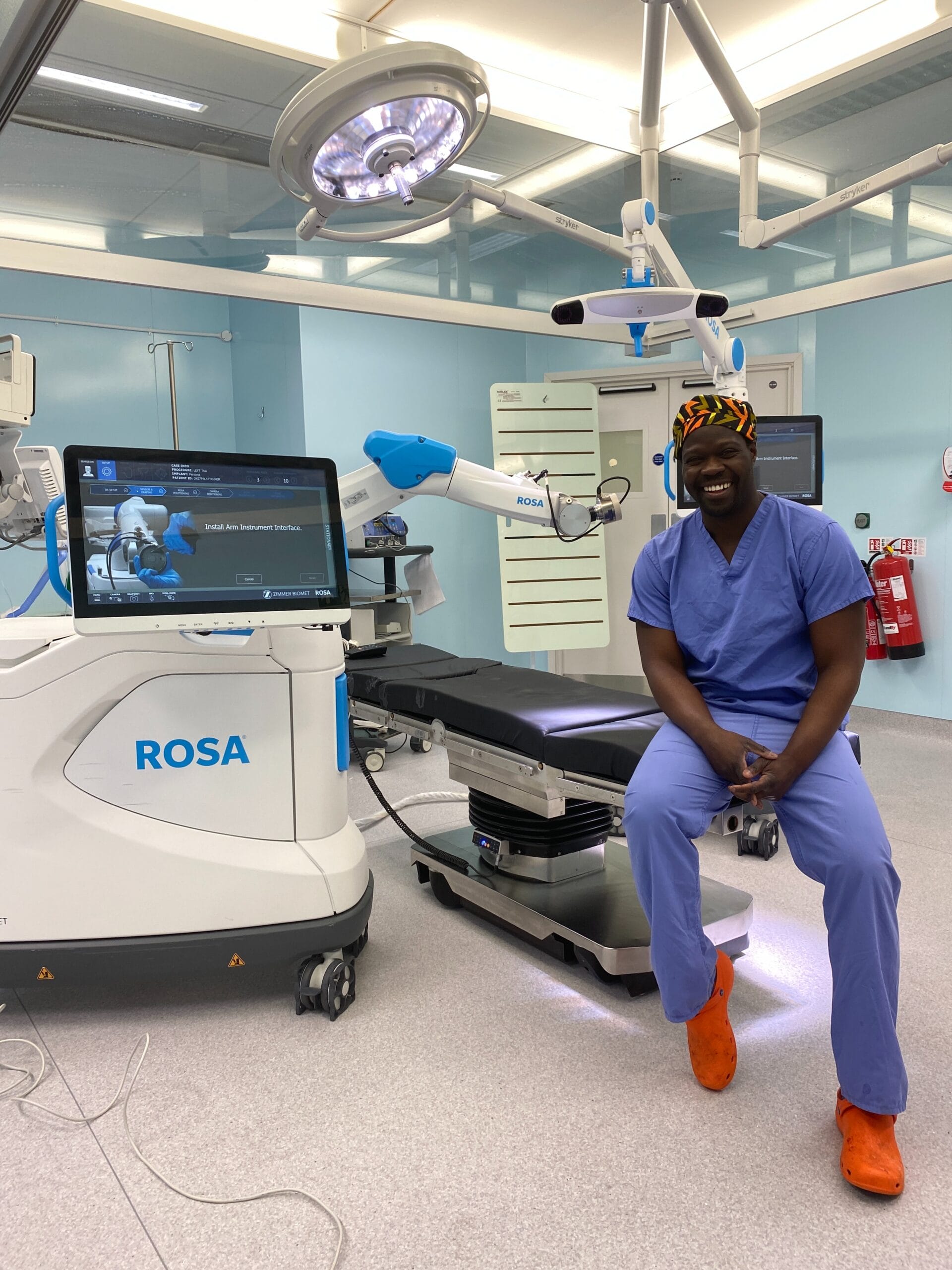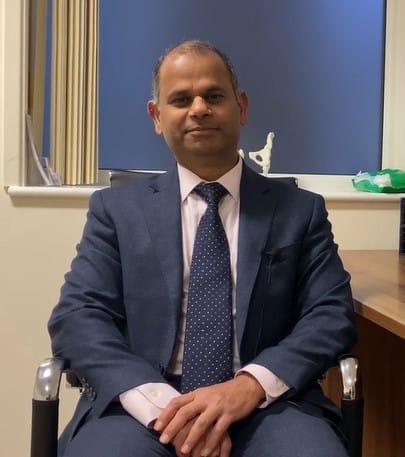Mindfulness Trainer and Yoga Therapist, Julie Stannard explains some mindfulness based approaches to help reduce stress.
We all get stressed and sometimes need the motivation to rouse us into action. The impact of feeling constantly worried and overstretched can have huge health implications, not only mentally but physically. Chronic stress undoubtedly puts your long-term health at risk. Of late, mindfulness has been the relaxation technique of choice.
What is mindfulness?
Mindfulness is a way of paying attention to and seeing clearly whatever is happening in our lives. It works by helping us become more aware of what is happening in our body. It encourages us to become more reflective human beings who can pay critical attention to our thought processes and respond to them in a rational and calm way. Mindfulness works to alleviate the physical alert caused by stress responses and steadily leave our patterns of anxiety behind.
How can mindfulness help to reduce stress?
Consider these 3 tips to reduce some of the stress in your life:
1. Waking-up
Sometimes in the morning, you may wake up and notice that your mind begins to race ahead to tasks in the day that are yet to be completed – you may even have heart palpitations or butterflies in your stomach.
Try this:
Choose to take a pause before your day begins. Notice sensations in your body and the feeling of your breath. Perhaps take three breaths and savor each one as if this was your first ever breath.
After giving yourself this space, start your day without rushing. This new awareness of body and breath helps give perspective and brings us back to the present.
2. Training Your Mind
Throughout history, our survival as a species has been governed by our unique ability to look for and solve problems. However, this wonderful asset means that we are hard-wired to search out for “what’s wrong”. Many of us become fixated on these problems, finding them hard to leave behind.
How many times do we find ourselves thinking and talking about our problems, however large or small? Like any habit, this way of thinking can become a default setting in our minds.
Neuro-scientist Rick Hanson compares “bad things” being like Velcro to the mind – they really stick! Whilst ‘good things’ are like Teflon – they slide off! When did you last accept a compliment or think about how many things are going well? Instead of focusing on the negatives, it’s important to take a step back and remember the really positive things that we are valued for and the things we excel at.
Try this:
Visualise somewhere or someone that makes you happy. Try closing your eyes, holding the image and feeling its presence clearly. Savour the experience for 15 seconds or more and appreciate how you feel now you can see this happy place.
When we take this simple exercise we are strengthening the neural connections that help us notice and appreciate good things. Over time this can help train our minds and make us feel happier.
3. Getting off the thought-train
Mindfulness is about being more aware more of time and noticing that what we think has an immediate and profound impact on the body’s stress levels. The problem is that we get carried away by our thoughts and forget that we have a choice of feeding the negativity or leaving it behind.
Try this:
Next time you become aware that you have been carried away by negative or worrying thoughts, imagine that the different thought topics are like trains. Perhaps this one is the ‘work-train’, the ‘family-train’ or the ‘health-train’. We can’t stop these thoughts from coming along, but we do have a choice of whether to climb on board these trains or to get off when we notice it has passed our destination. Imagine standing with your feet firmly planted on the platform, be aware of your breath. Your feet should act as your anchor. This should become a place to come back to where you can watch the thought trains go by.
Be kind to yourself
Habits take time to break so it’s crucial to be patient and kind to yourself if you try any of these approaches. Don’t be disconcerted if it doesn’t work straight away.
What makes Horder Healthcare unique
Horder Healthcare is committed to providing the very best quality of care for our patients and customers. We are continuously working on improving and reducing risks and this is reflected in our consistently high CQC results, patient satisfaction questionnaires and minimal levels of infection.
We are a charity
We reinvest our profit to benefit more people and help us achieve our aim of advancing health.






